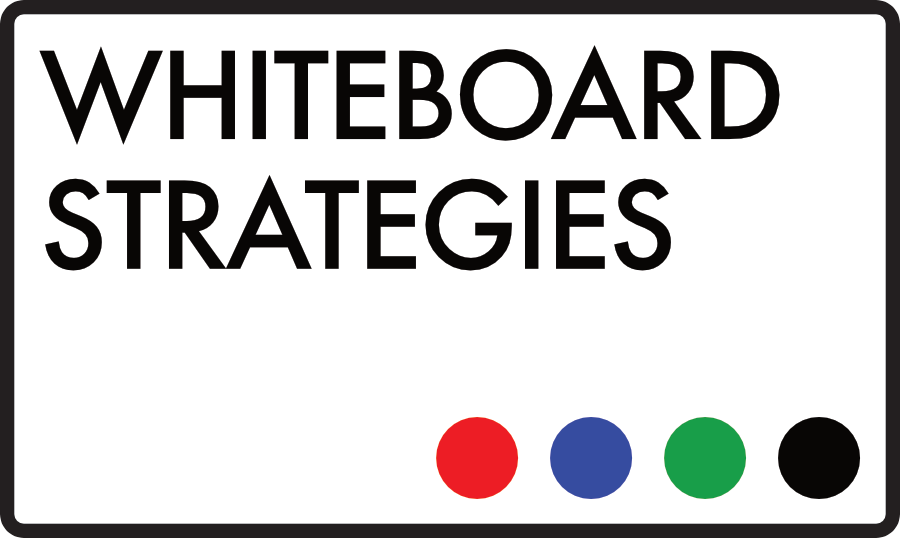With a faster, more competitive marketplace and sales departments globally being staffed by the sort of vacant-eyed reps that are currently weighing the industry down, share of mind is more important than ever in B2B sales. The sales landscape is constantly developing, adopting new tech and new approaches, but some things never change… and a fast market and weak competition still mean opportunities for teams who know how to exploit them.
We don’t talk about share of mind as much as we should in B2B sales. Sure, B2C sales are generally more impulsive. Sure, that makes them more prone to influence from companies with greatest share of mind. Sure, I’ve bought books and gadgets from my car, a laptop while waiting for a meeting to start, and have friends who say they do most of their online shopping on the loo. That sort of buying behaviour is almost completely led by share of mind. B2C have got it easy.
B2B sales are slower, more process-based, and more laborious. Finance teams and heads of procurement aren’t making six- or seven-figure buying decision on the john. Probably not, anyway. But time and time again, research and experience have taught us that share of mind still matters, and that makes building share of mind a priority for your sales teams.
The B2C arms race for creative concepts and both virtual and real advertising space makes competing for share of mind simple. But in B2B sales the battle for share of mind takes place in sales, rather than marketing. The good news is that almost everyone is bad at it—so it’s there for the taking.
And getting it is simple—just give your people the time, training and resources… to be better.
1. They need to be better at understanding your customer. They need to research and understand the customer’s need, their buying motivation and processes, and how the solution they’re selling will help. They need to seek out the customer’s weaknesses and build their pitch around how they can help those key areas. They need to stand out for their attempts to forge genuinely valuable, mutually beneficial relationships.
2. They need to be better at knowing their own strong points, both organisational and personal. Your company might own and manage their own data centres, or manufacture your product entirely in–house. That’s a strength that can be used to sell your organisation. The individual rep might have a memorable face or accent (or both…), a shit hot memory for figures, a charming manner, or an up-to-the-minute quiver of case studies and past wins. They need to learn to leverage those strengths.
3. They need to be better equipped with hard evidence of your superiority. It sounds dry, right? That’s why a lot of less conscientious salespeople don’t take the time to get a handle on their figures and case studies. It’s easy – “We turn over £Xm a year. / Over Xm customers trust us to store and manage their data safely and securely. / We own X thousand miles of our own network. / We have helped X, Y and Z increase their annual turnover by £Xm – here are the case studies”. Sold. Done.
4. They need to be better at pitching. Whether your organisation has an enablement department or your managers have to do their utmost to share best practices and new materials at impromptu weekly meetings, focusing some time and resources on your people’s pitching can be game-changer. Embrace opportunities to get their heads up and out of their notes, and techniques that encourage learning narratives by heart, asking questions and stepping away from slide decks. Look for ways to encourage engagement with the pitch from both sides, and ways to aid understanding and information retention.
Dominating share of mind in B2B sales is that simple: help your salespeople to be good at what they do. If they’re are a cut above the average out there – and it doesn’t take much just now—then that’s half the battle won.
Follow Whiteboard Strategies or connect with Mark on LinkedIn, or sign up to The Edwards Update now for monthly insight, delivered straight to your inbox.

Recent Comments